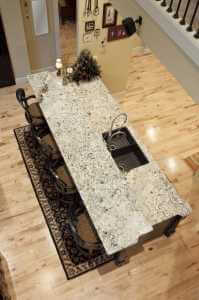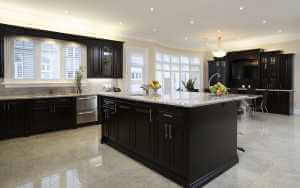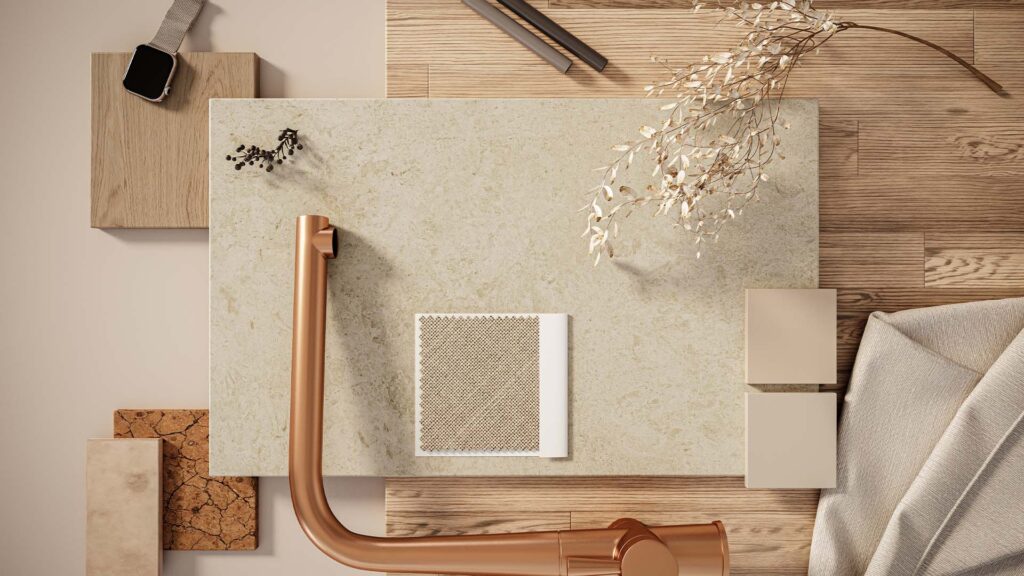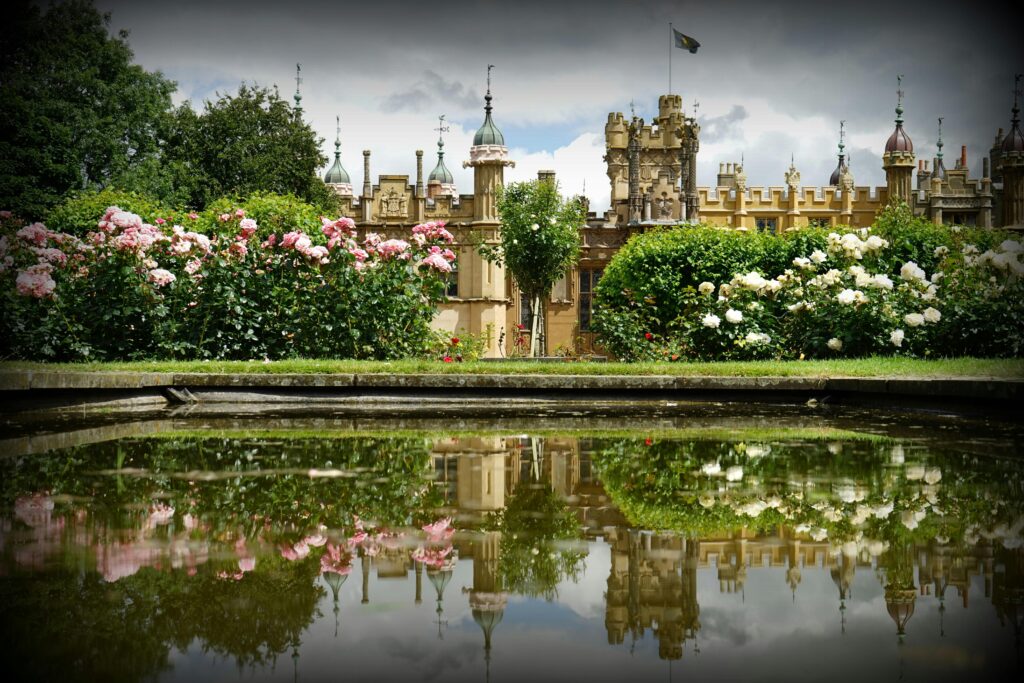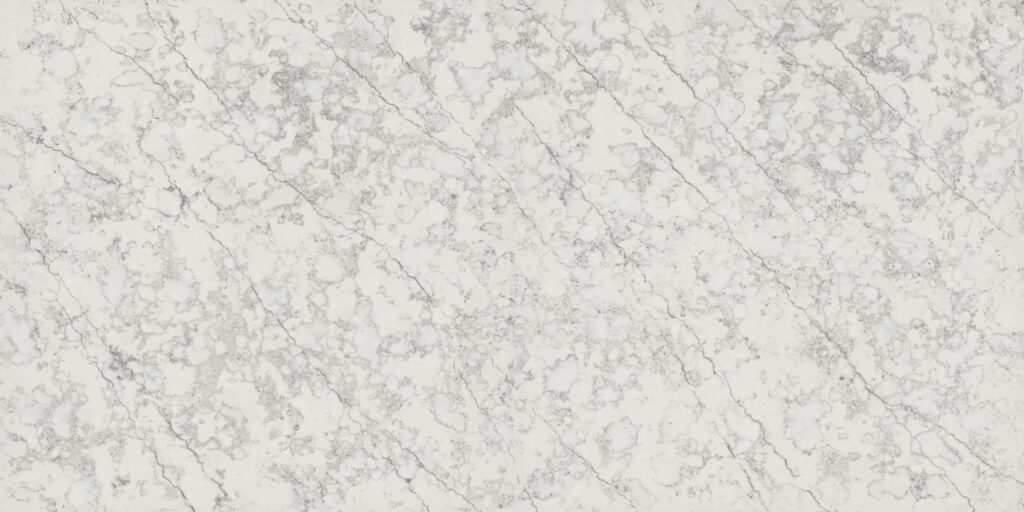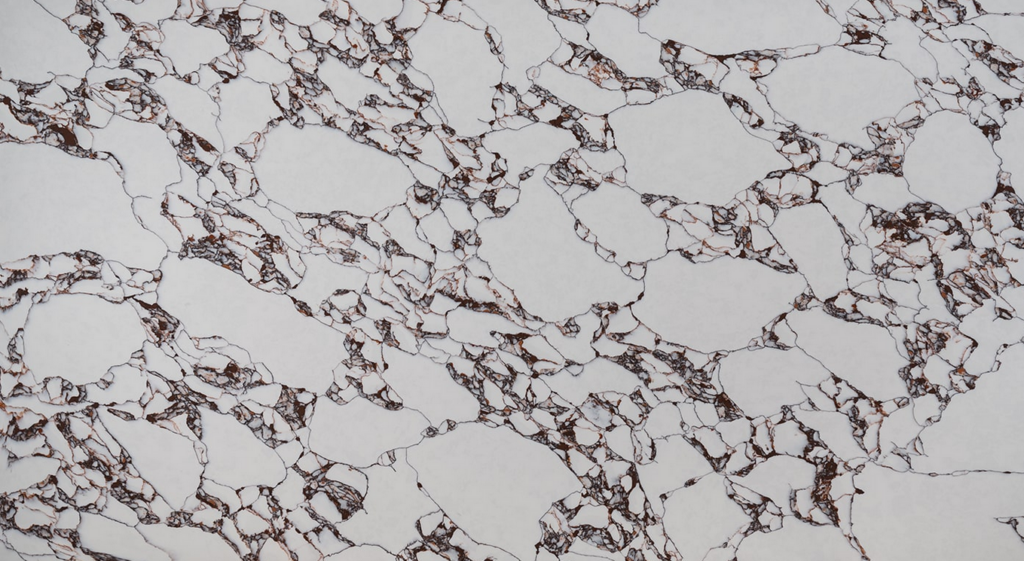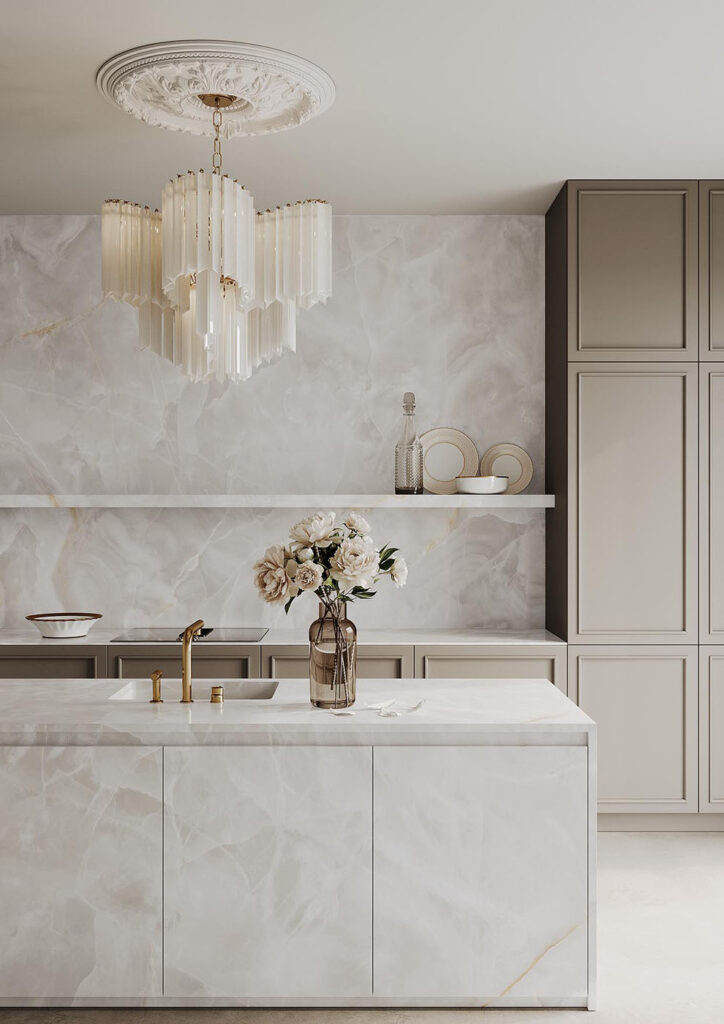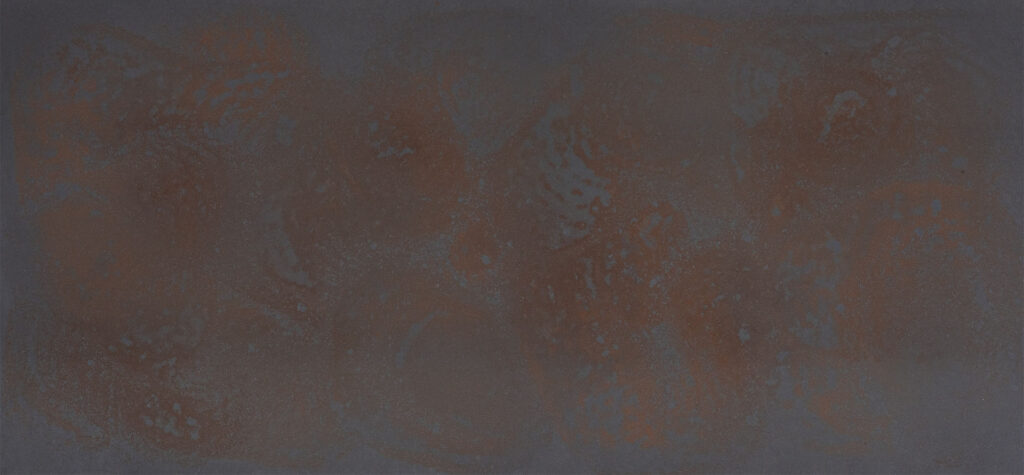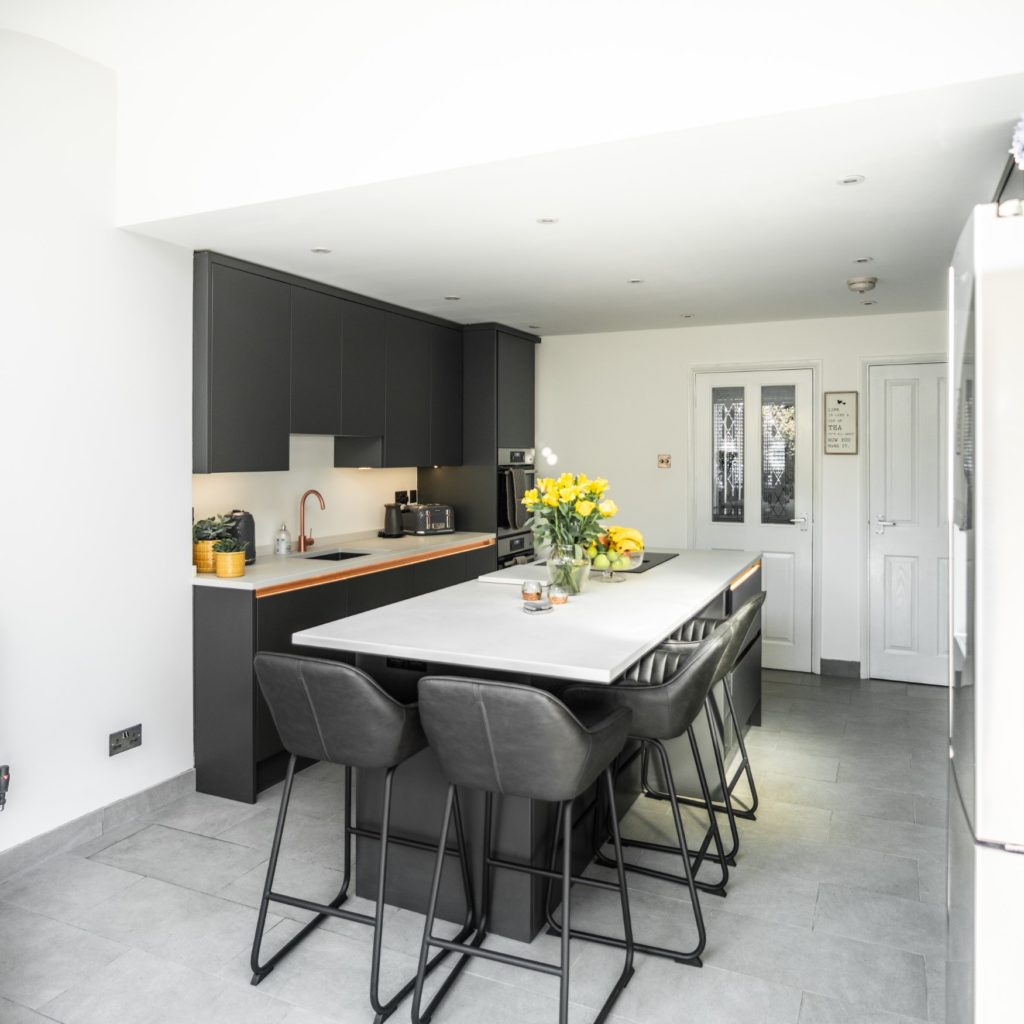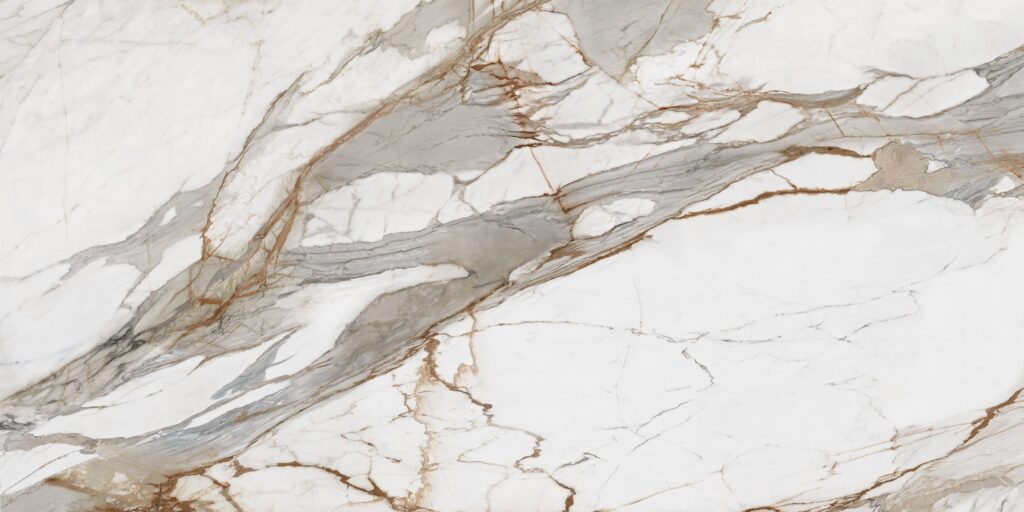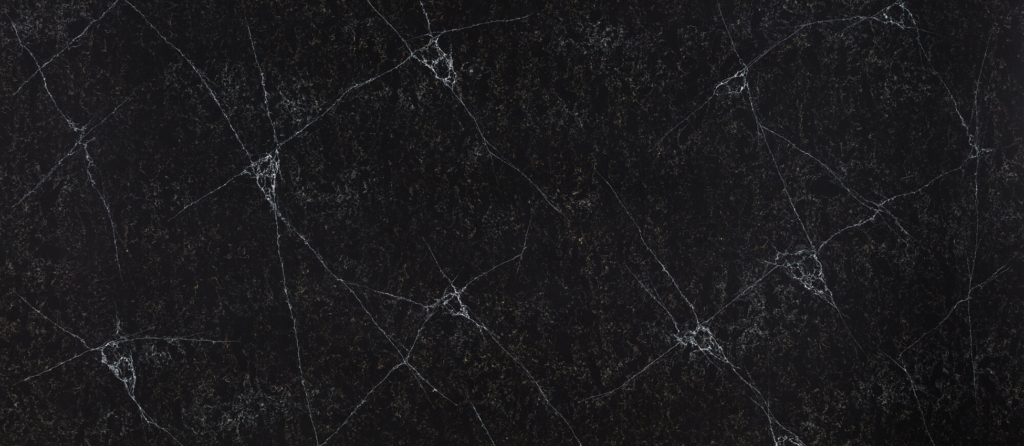Granite Vs. Quartz. There’s a temptation to draw out battle lines, and see which comes out on top. The truth is that granite and quartz both boast multiple features that make them ideal for your countertops. Which material you choose is a highly personal choice, based entirely on the aesthetic you’re searching for, and the strengths and qualities you value in a worktop. Either way, treating your house to a few stone counters could add value to your home.
So, what is the difference between granite and quartz? Take a look at our simple guide.
Granite
Appearance: Unlike quartz, granite is entirely natural, formed from a variety of naturally-occurring stones that have come straight from the ground. This gives granite an earthy look, and means that each granite slab is completely unique to any other in the world. This feature does not guarantee colour consistency, which can give your worktops a more diverse look. Seams may be visible.
Strength: Granite is a very hard, durable material. It is highly scratch-resistant, but it’s worth noting that scratching is still possible, though usually only caused by impact to the surface from materials harder than itself.
Porosity/staining: Dark granites are usually formed from igneous rocks, and are therefore have low porosity and greater resistance to staining. Light granites are usually from metamorphic sources and are more porous. Stains will usually fade over time, but granite will need to be resealed every 1-3 years to prevent staining.
Tensile Strength/Flexibility: Granite will vary in tensile strengths and flexibility, mainly due to the fact they are made from a combination of different natural stones all of which may possess different qualities.
Quartz
Appearance: Because quartz is a man-made material, you can take more control over the colour and appearance of kitchen worktops. However quartz is more susceptible to discolouration in sunlight, meaning that if some parts of your worktop are more exposed to sunlight, it could potentially change the colour of the stone. Seams may be visible, but concealment is possible if a darker colour stone is chosen.
Strength: Quartz is an extremely durable material, resistant to scratching. Style-wise, in areas of your house where you desire thinner workshops, because of its incredibly high strength, quartz may be preferable.
Porosity/staining: Quartz is created by taking natural stone and mixing it with a chemical resin, and then compressing it. This process results in quartz being completely non-porous and stain-resistant, making it very easy to clean and ideal for areas of your kitchen that are prone to messy spillages. This quality also means that quartz does not require sealing.
Tensile strength/flexibility: Due to the plastic element of its content, quartz has a high tensile strength and flexibility, resulting in improved ability to be tailored to your counters.
Want to know more? Established for over 20 years, and focussed on delivering high quality stone and outstanding customer care, the award-winning Cawdor Group are now a prominent player in the UK natural stone market. Get in touch today for professional advice on types of stone and their application to your personal project.

